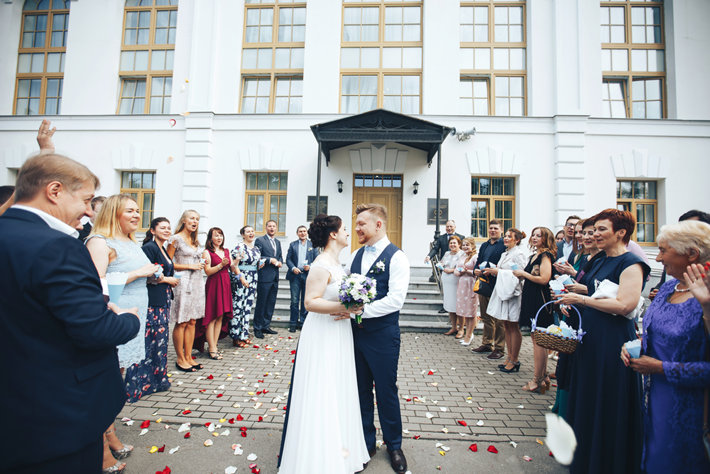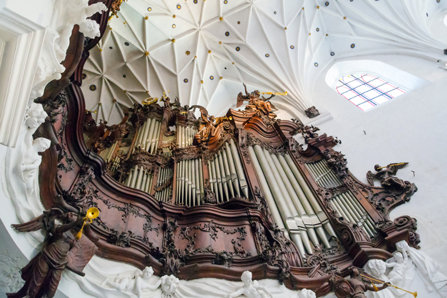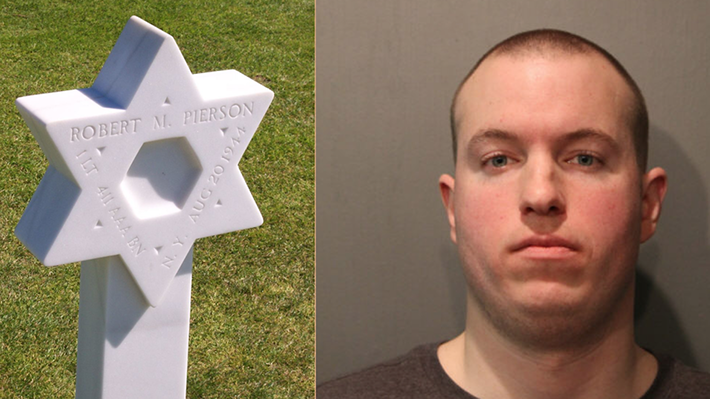
-
HOME
-
WHAT IS STANDOur Mission Our Values Our Help Contact
-
WHAT WE FIGHT FORReligious Freedom Religious Literacy Equality & Human Rights Inclusion & Respect Free Speech Responsible Journalism Corporate Accountability
-
RESOURCESExpert Studies Landmark Decisions White Papers FAQs David Miscavige Religious Freedom Resource Center Freedom of Religion & Human Rights Topic Index Priest-Penitent Privilege Islamophobia
-
HATE MONITORBiased Media Propagandists Hatemongers False Experts Hate Monitor Blog
-
NEWSROOMNews Media Watch Videos Blog
-
TAKE ACTIONCombat Hate & Discrimination Champion Freedom of Religion Demand Accountability
Religion: What’s the Point?
Religion is like marriage: there’s so much to criticize about it, yet people still want to tie the knot.
Marriage is designed to fulfill a need: the need for companionship, solace and pleasure in the pursuit of posterity. Clearly, we need it. And yet we fight and hate, break our unions and sadden our children.

But we still give marriage another shot. And maybe a third, or fourth time. And somewhere along the way, we find friendship and a get-along kind of life together. It’s better than being alone. And in the end, we’re helping to create the future.
It’s much the same way with religion.

I grew up High Church Episcopalian. We call it “High” because it retains a lot of the pomp and circumstance of the Roman Catholic Church. Imagine the incense and the rich vestments, the solemn procession with banners and the cross. I was one of those acolytes. At the altar, when the organ hit its lowest bass notes seemingly under the altar, I felt the presence of God.
Was it just clever harmonics? Maybe.
But look, the essence of religion is the belief that there is another universe. A universe of the spirit. Where truly anything can happen, no matter how strange it may seem.
Things get really strange when sadistic nutcases end up in charge; the people who decide to stamp out heresy and end up flaying people alive. They give religion a very bad name. Why have it in the first place?
Religion isn’t just found at the altar. In war, peace, love, business, government… we find religion wherever people do what’s fine and right.
Oddly, religion is the only way to overcome those very same nutcases. Because after the Inquisition, there was tolerance. After the Salem witch trials, there was, finally, freedom of belief.
In his seminal essay, “Religious Influence in Society,” L. Ron Hubbard wrote: “The great religious civilizing forces of the past, Buddhism, Judaism, Christianity, and others, have all emphasized differentiation of good from evil and higher ethical values.”
Religion can soften the hurt and comfort the pain and loss. That army chaplain walking the killing fields is doing good—the soldiers know it, even as he cannot prevent their death.
Religion isn’t just found at the altar. In war, peace, love, business, government… we find religion wherever people do what’s fine and right.
In his essay, Mr. Hubbard went on to say, “When a culture has fallen totally away from spiritual pursuits into materialism, one must begin by demonstrating they are each a soul, not a material animal. From this realization of their own religious nature individuals can again come to an awareness of God and become more themselves.”
As a boy, I would have these moments of feeling just on the brink of realizing the whole truth about existence, and then it would vanish. Late at night, my mom and I would ask each other, “where is the true philosophy?” In 1968, she called me up and said: “I’ve found it. It’s called Scientology.” That fall, I took my first communication course, and started a journey of personal religious discovery. And I believe that I have discovered that truth about existence that I was seeking as a boy.
Religion is not separate from us. We are religion, each and every one of us. And every time religion of any kind is suppressed, we die a little.
Let’s support religion in all its forms. Let’s be true to our beliefs while being willing to look at those of the next person—understand them and adopt what we think is wise about them.
And together we will create a world that celebrates individuality, morals, love of the highest order, and respect for self and others.
Is that religion? Yes, I believe so.









